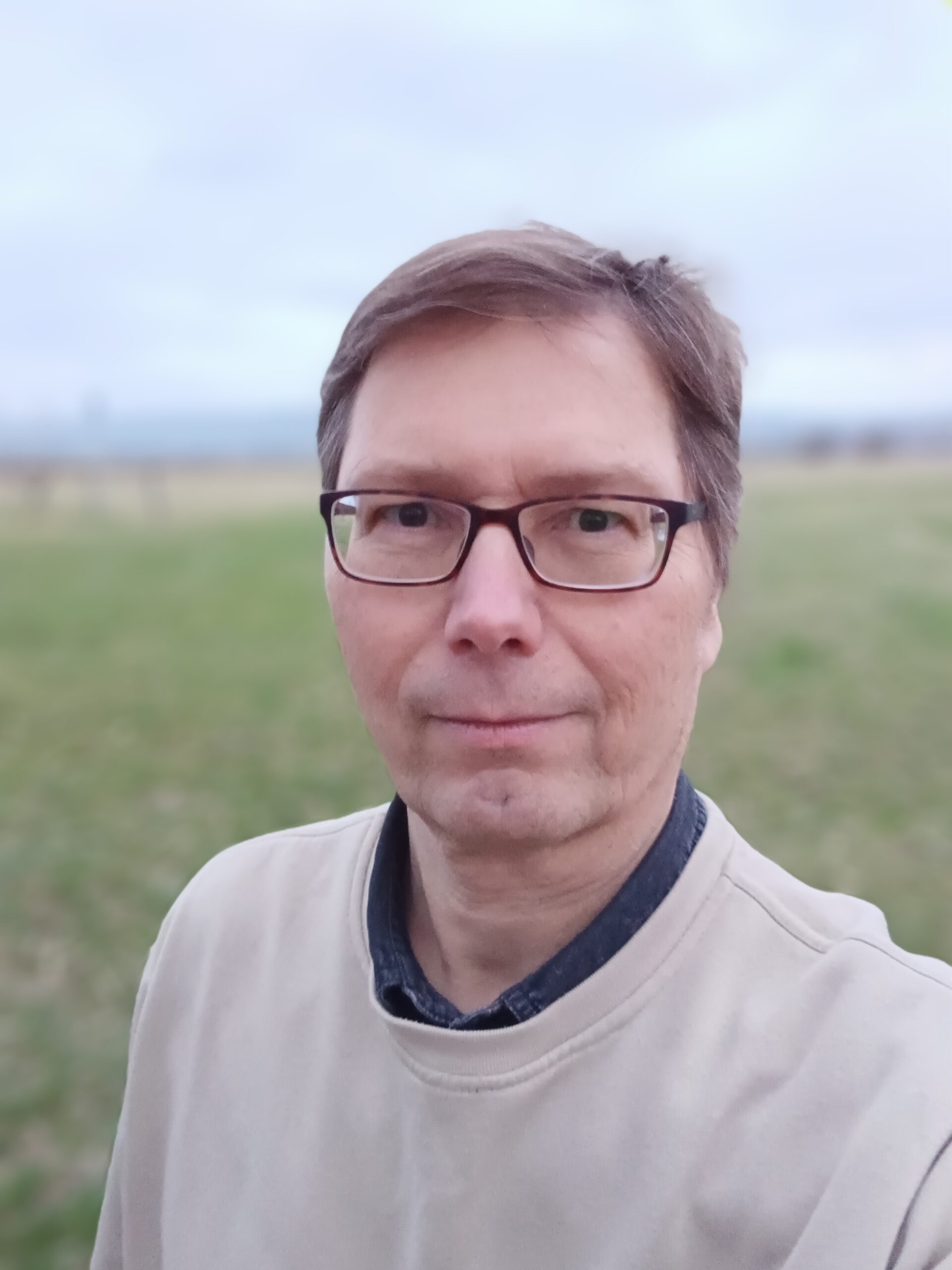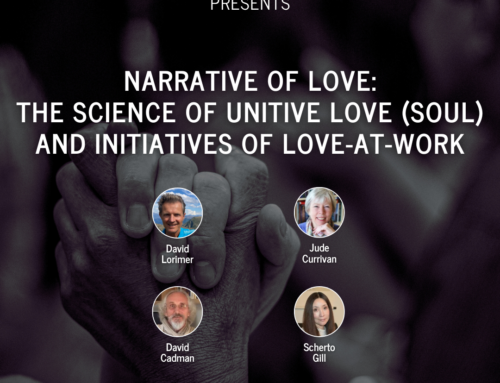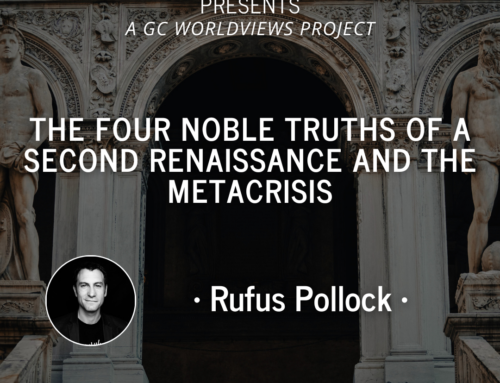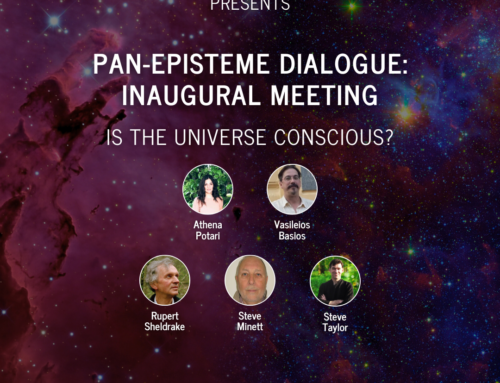Event recording
Event description
In the philosophy of mind, the causal relationship between phenomenal consciousness, mentation, and brain states has always been a matter of debate. On the one hand, material monism posits consciousness and mind as pure brain epiphenomena. One of its most stringent lines of reasoning relies on the premise that because brain lesions and neurochemical modifications lead to cognitive impairment and/or altered states of consciousness, there is no reason to doubt the mind-brain identity. On the other hand, dualism or idealism (in one form or another) regard consciousness and mind as something other than the sole product of cerebral activity. Here, several neuroscientific findings are reviewed that question the idea that posits phenomenal experience as an emergent property of brain activity. Once viewed from an integral perspective, they substantiate equally well, if not even more effectively, an ontology that posits mind and consciousness as a primal phenomenon.
 Marco Masi holds a PhD in physics from the University of Trento, Italy. He worked as a postdoc researcher in universities in Italy, France, and more recently in Germany in the field of nanophotonics and resonant structures. After this academic experience, his interests veered towards the foundations of physics, the philosophy of mind, and a post-material paradigm that integrates science and spirituality. Presently, his primary research interest is the potential connection between quantum physics, neuroscience, and free will.
Marco Masi holds a PhD in physics from the University of Trento, Italy. He worked as a postdoc researcher in universities in Italy, France, and more recently in Germany in the field of nanophotonics and resonant structures. After this academic experience, his interests veered towards the foundations of physics, the philosophy of mind, and a post-material paradigm that integrates science and spirituality. Presently, his primary research interest is the potential connection between quantum physics, neuroscience, and free will.
He is the author of a two-volume series on quantum physics titled “Quantum Physics: An Overview of a Weird World” (https://www.amazon.com/dp/1090602596), and a review on science, the philosophy of mind, and mysticism titled “Spirit Calls Nature” (2nd edition – https://www.amazon.com/dp/3948295115/). For further research topics and scientific papers, see: http://ow.ly/snz6u. See also his website at https://marco-masi.com/ and Substack blog at https://substack.com/@marcomasi


